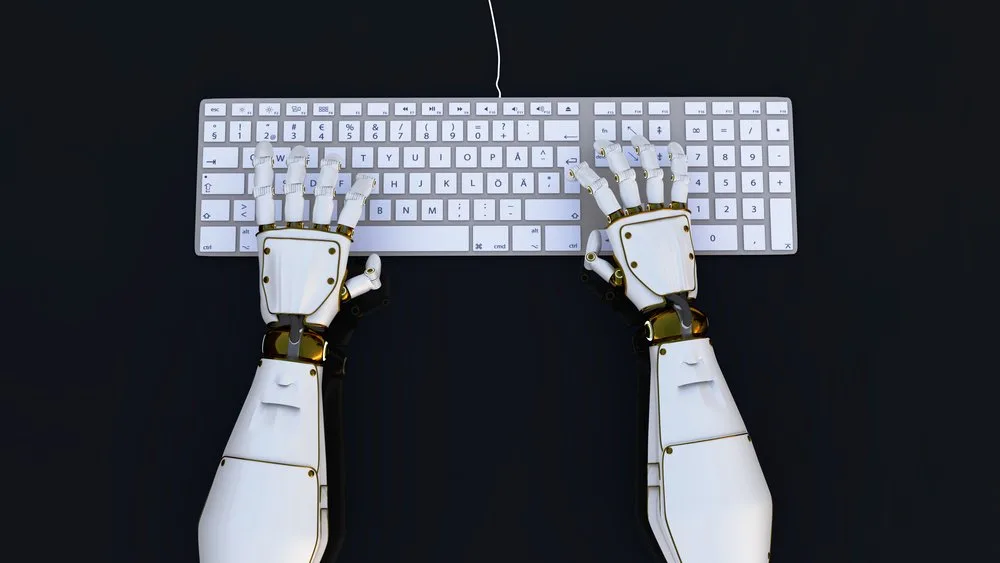Artificial Intelligence (AI) has been a buzz word for a few years mostly in the space of content creation, however, its use in the healthcare space is revolutionising healthcare access and equity as we know it. For individuals with limited access to facilities and those without medical insurance, AI could be a game changer in the healthcare landscape. Its role in speeding up the turnaround time in stem cell donor matching and transplantation is now being investigated by stem cell registries worldwide.
AI and Stem Cell Transplants
Deputy Director of the South African Bone Marrow Registry (SABMR) Jane Ward says this technology could transform the registry’s work, as it is often a race against time to find a matching donor for a patient awaiting a stem cell transplant.
“Embracing this technology could reshape our industry. Not only would it speed up the search and match process, but it would free up staff to spend one-on-one time with patients and their loved ones.”
“AI’s ability to quickly analyze vast amounts of genetic data streamlines the identification of compatible donors, drastically shortening the timeline and offering a faster, more efficient route for patients in urgent need of stem cell transplants.”
The successful use of AI in the healthcare space has already been proven with the speedy production of COVID-19 vaccines during the pandemic, something that would have likely taken years to achieve.
Ward says the use of this technology has the potential to save even more lives. Patients would be able to receive timely diagnoses and preventative care if used during cancer screening, which can have positive patient outcomes.
“It is especially critical for those with life-threatening conditions such as Leukaemia, Lymphoma, Multiple Myeloma, Aplastic Anaemia, Sickle Cell Disease, Thalassemia and other blood disorders, where time is typically a decisive factor in treatment success. This advancement is not just enhancing healthcare accessibility, but also democratizing healthcare services, ensuring that no one is left behind.”
AI creates human concerns
Ward is, however, cognizant that technology can never replace the human touch.
“AI has massive potential, however registries remain a “people business. While this is an exciting time for us, there is still a way to go before this is fully implemented. There are challenges that present themselves in the form of ethics, regulation, and responsibility, and we need to get the basics right first.”
She says there are still several hurdles to overcome before AI systems are fully integrated across registries worldwide. Some key challenges include:
- Using the right data – only 4% of data is considered AI-ready. Many organizations still use a paper trail and not all data is digitized.
- Ethics – the responsible use of AI, intellectual property regulation and accountability.
- Correct interaction – using the correct prompting methods for best results.
- Cultural change – adapting to change and being ready to experiment
- The cost of AI – software development is expensive, and registries are often non-government funded.
Conclusion
Ward says, all things considered, AI is the way of the future. As such, it is a big risk not moving with the times.
“If this means that we can better serve our patients and find matches more easily, then there is no question that this technology is needed. Our mission and vision have and always will be to give our patients the best care and the second chance at life that they so deserve.”



![women [longevity live]](https://longevitylive.com/wp-content/uploads/2020/01/photo-of-women-walking-down-the-street-1116984-100x100.jpg)










